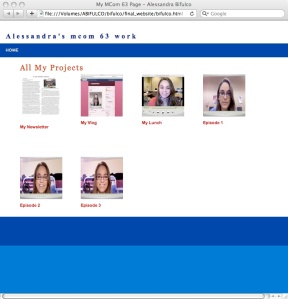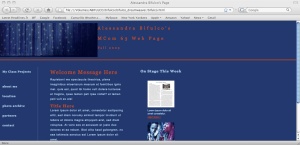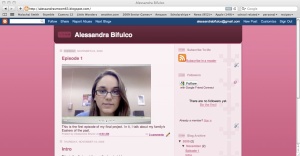Chapter 10 starts out by discussing the Brock Meeks case (Suarez Corp. v. Meeks). Meeks was the first online journalist to be sued for libel. It was a wake up call for other online journalists because it made them, and everyone else, realize that the Internet is not free from the laws of print journalism. Even something as innocent as writing in your personal blog can be libelous. You have to be careful. Also, if you are a high profile blogger and it’s worth it to get insured, you should. The last thing you want is to get sued and be out tons of money. Also, since the Internet is available to everyone, it is hard to say where that jurisdiction lies. Someone could post something in one state and have a person in a completely different state open it and be offended. Or it could be someone in an entirely different country.
Chapter 11 discusses copyrighting, the government’s imposition on the Internet and overall..Big Brother, as we son fondly call the government. When the Internet started out, the first users thought that it would be a space of freedom, to do whatever they wanted with. But it has become such a force and presence in our lives that it has to be regulated, in my opinion. Some feel that it shouldn’t be. Some countries have gone as far as to regulate every site that is available, mainly China. The Chinese government can be very particular about what its citizens are allowed to access. They even shut down internet access at one point a few years ago.
Chapter 12 discusses just how much the Internet has changed our lives. It influences almost every aspect because of it’s easy accessibility. We rely on it to get our news, do our shopping, do our banking and connect with friends and family. In terms of getting our news, the Internet has especially become the main source of information. We can see this just by looking at the world of print newspapers. Newspapers all over the country have been closing their doors and converting to online only versions. I myself have the New York Times online feed saved as a favorite on my browser. More than any other profession, journalists and future journalists need to learn as much as they can about the web and all the laws that go along with it. It is the future of news.



 Posted by alessandrabifulco
Posted by alessandrabifulco 



